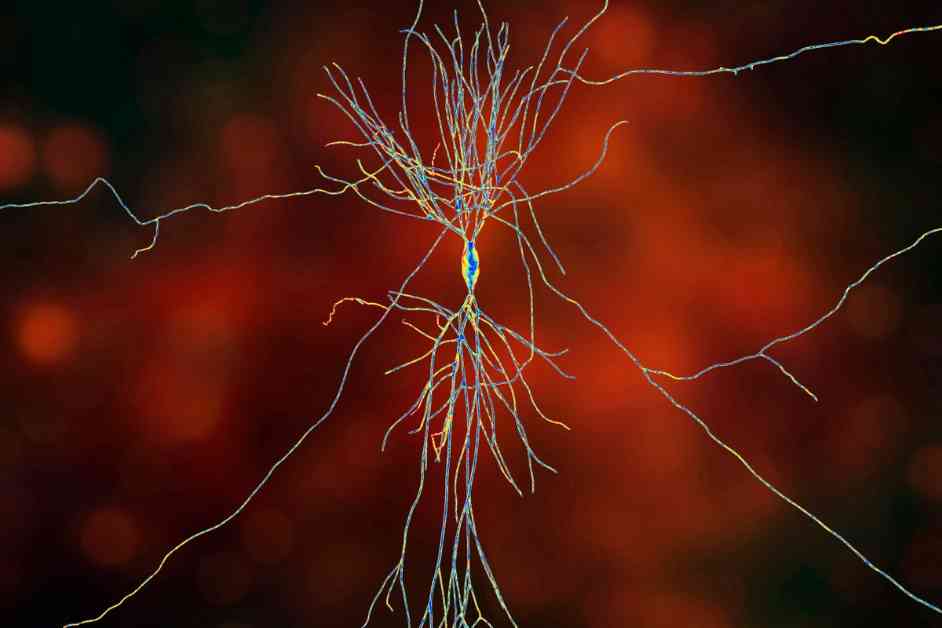The study of neuronal activity in individuals with electrodes implanted in their brains has revealed that the brain can detect patterns without conscious thought. Neurons in key brain regions combine information on what occurs and when to pick out patterns in events as they unfold over time. This ability helps the brain predict future events.
In order to make sense of the world around us, the brain processes a vast amount of information about what, where, and when things happen. The study involved 17 people with epilepsy who had electrodes implanted in their brains to capture the activity of individual neurons in regions such as the hippocampus and entorhinal cortex, which are responsible for memory and navigation.
During the experiment, participants were shown a series of images of faces, with each participant having specific neurons that responded strongly to particular faces. The faces were arranged in a triangle, and participants were shown a sequence of images according to a specific rule without being aware of it. Despite not consciously recognizing the pattern, the participants’ brain cells learned and responded to the sequence of images, demonstrating the brain’s ability to recognize patterns without conscious awareness.
The study also found that neurons could anticipate future events based on learned patterns, indicating that the brain can predict future events. This ability to organize information about sequences of events could have important clinical applications, such as memory-enhancement therapies focusing on boosting specific neuronal patterns representing important memories.
Overall, the study provides valuable insights into how the brain processes information and detects patterns, even without conscious awareness. The findings could have significant implications for understanding memory and cognitive processes, as well as potential applications in clinical settings for memory enhancement therapies.




